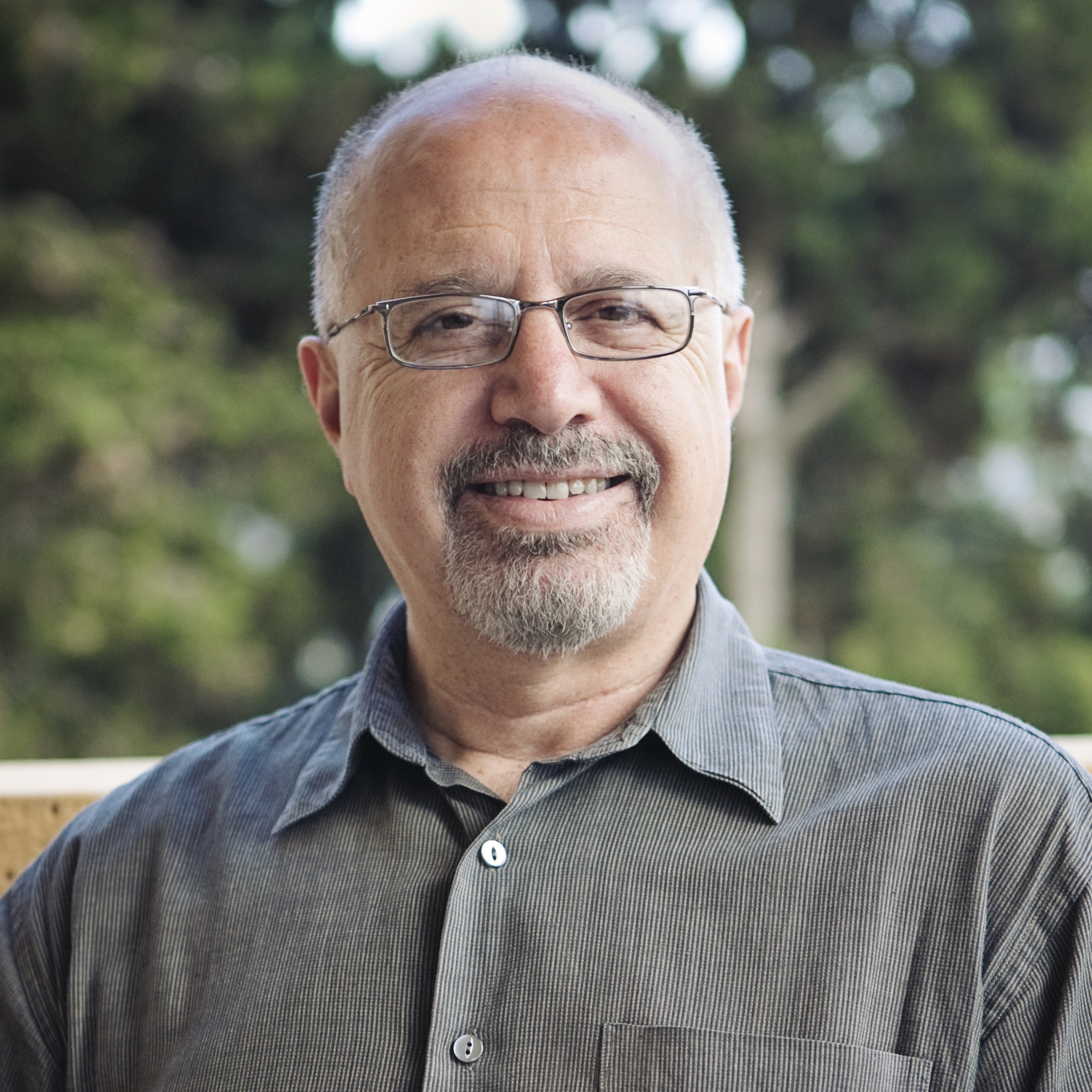Endowed Peace Chairs
Endowed Peace Chairs
Learn about the mission of our endowed chairs—each dedicated to peace and global understanding.
The Bahá’í Chair for World Peace at the University of Maryland is an endowed academic program that advances interdisciplinary examination and discourse on global peace. While drawing certain initial insights from religion, the program aims to develop a sound scientific basis for knowledge and strategies that lead to the creation of a better world. Viewing humanity as a collective and organic whole, the Chair’s incumbent, Professor Hoda Mahmoudi, explores the role that social actors and structures play in removing obstacles and creating paths to peace. Central to this focus is creating a body of rigorously derived and tested knowledge that can be applied to foster the emergence of a just, secure, and sustainable international order, one that addresses the social, material, and spiritual progress of the global community.

Anwar Sadat Chair for Peace and Development
The Anwar Sadat Chair for Peace and Development was established at the University of Maryland College Park in the fall of 1997 in memory of the late Egyptian President Anwar Sadat. The Chair, under the leadership of the Sadat Professor Shibley Telhami, is housed in the Center for International Development and Conflict Management (CIDCM) and makes its academic home in the Department of Government and Politics. The Chair was made possible by the commitment of Anwar Sadat's widow, Dr. Jehan Sadat, to her husband's legacy of leadership for peace. With support from all levels of the University, Dr. Sadat created an endowment for the Chair from the generous support of many individual contributors from around the world.




